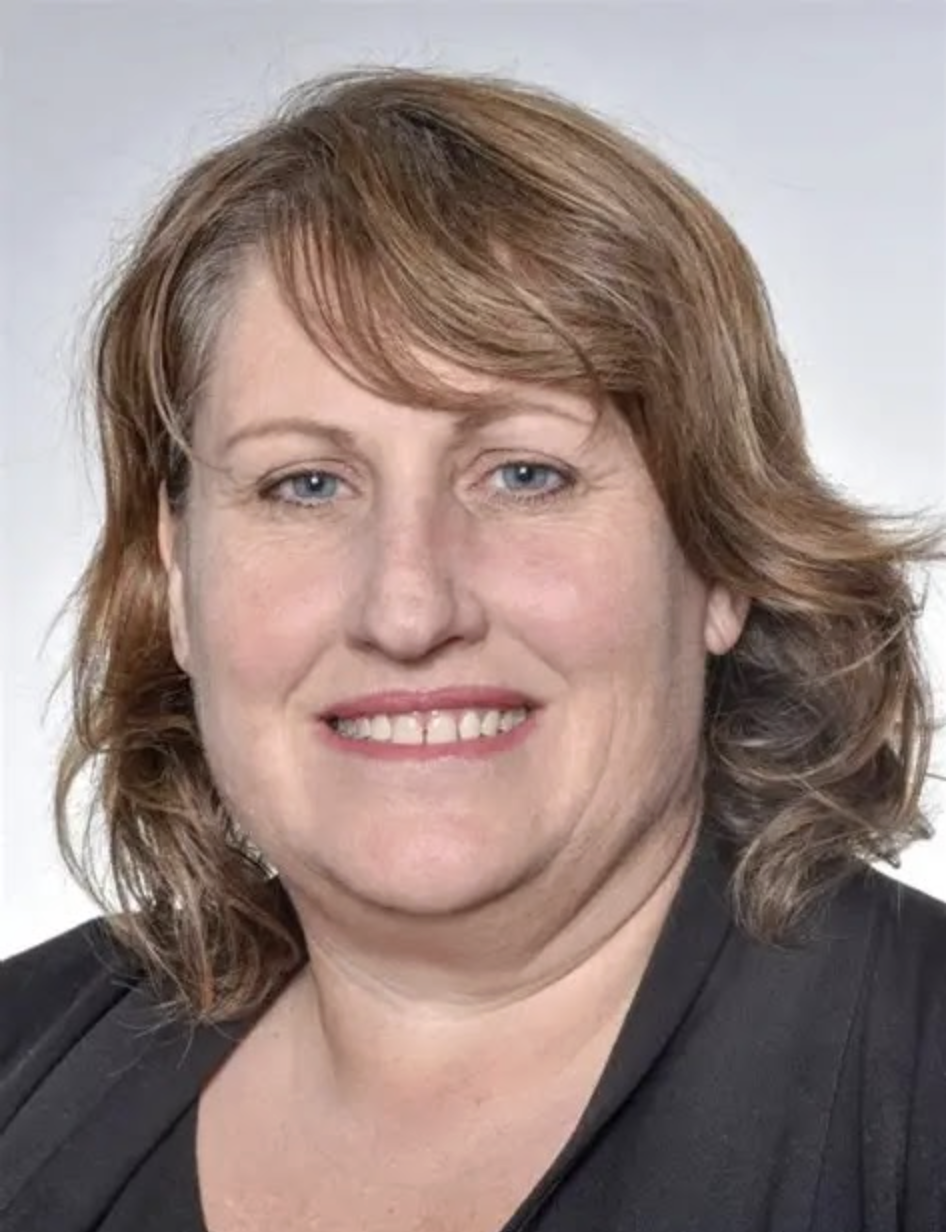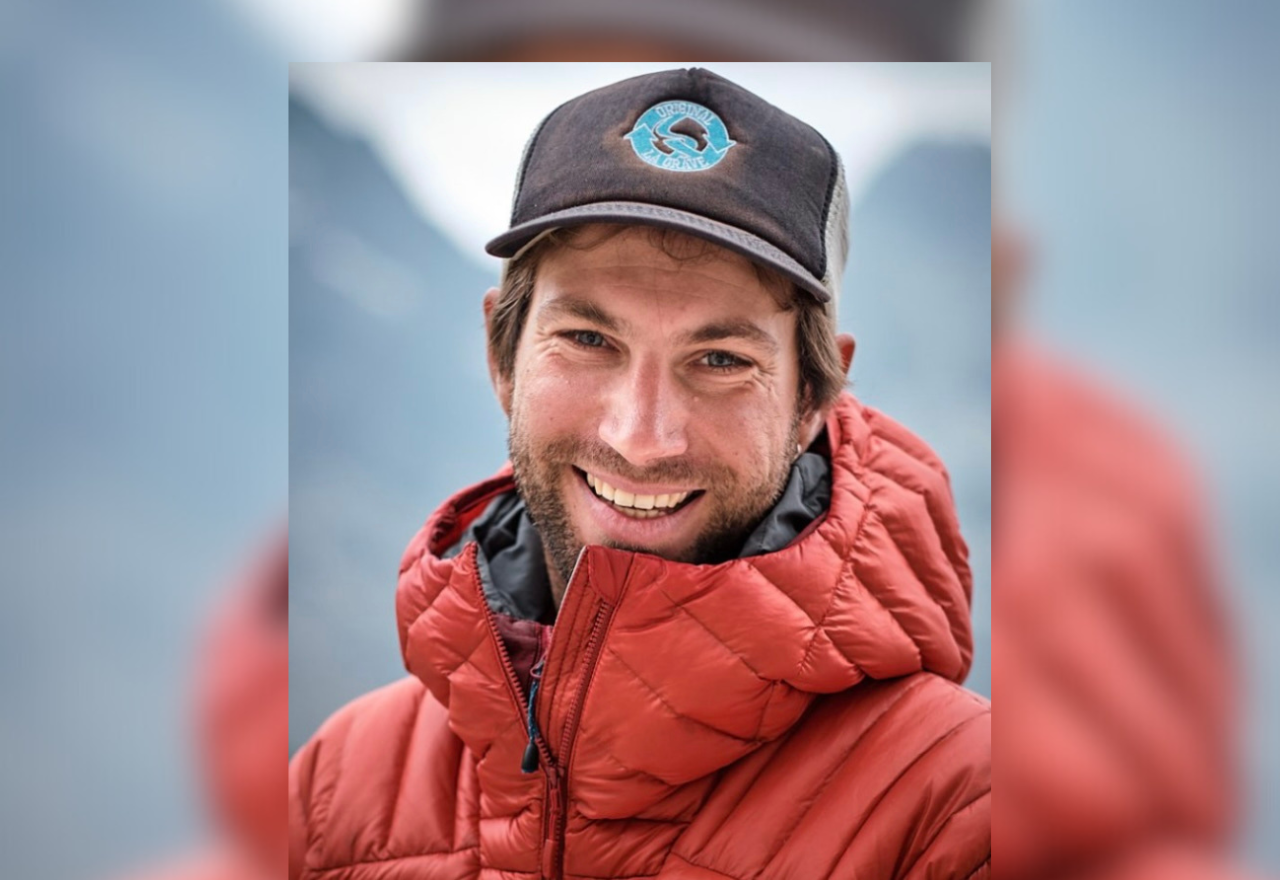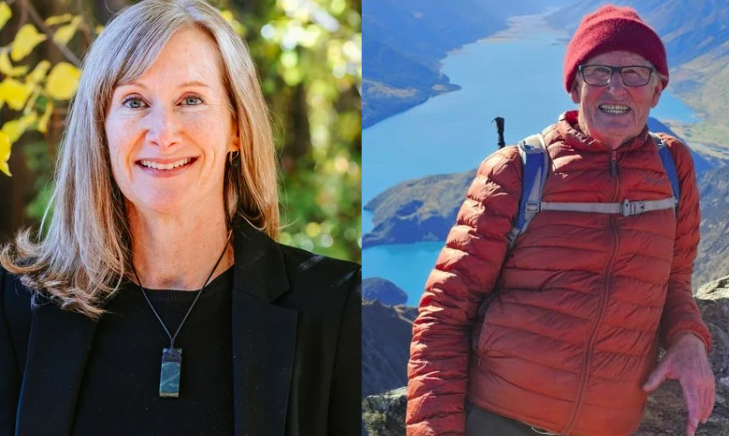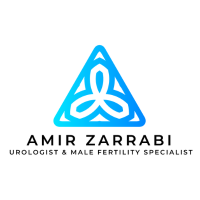Health officials offer ‘jam tomorrow’ at meeting
Sue Wards
26 November 2025, 4:06 PM
 It's hard to say at this stage how much access to healthcare will increase for residents of the Upper Clutha, Health Action Wānaka said after a Health NZ presentation this week.
It's hard to say at this stage how much access to healthcare will increase for residents of the Upper Clutha, Health Action Wānaka said after a Health NZ presentation this week.Increased access to healthcare services in the Upper Clutha may be a case of “jam tomorrow, but never today”, as Lewis Carroll once described a promise which cannot be fulfilled.
The “proof of the pudding” of promised health care services is something locals can look forward to next year - perhaps, a senior Health NZ Te Whatu Ora (HNZ) manager told locals at a meeting in Wānaka on Tuesday (November 25).
The meeting was for officials to share information about the current and future health needs of Central Otago and Queenstown Lakes, along with an overview of health service planning currently underway.
Despite there being 70 or so registrations for the event, only about 40 people turned up to the Lake Wānaka Centre to hear from the panel.
Read more: Clinical services update coming to Wānaka
Rachel Haggerty (HNZ director of funding hospitals, planning funding and outcomes) outlined the approach HNZ had taken to its clinical services review for the Central Lakes region, which includes Central Otago and Queenstown Lakes.
“There’s no doubt that this area has grown faster than we have invested in it,” she said.
HNZ is working from population modelling which suggests the Upper Clutha will have a population of 25,290 people by 2043, she said.
HNZ proposes planning for more localised care, shifting care (such as IV treatment for some cancers) closer to home and into communities, and using digital technology to deliver care
“Redefining the role” of hospitals is also part of the picture.

HNZ’s Rachel Haggerty said progress on clinical planning in New Zealand has been “too slow”.
“We can reduce 30,000 trips per year for personal health care” by delivering more ambulatory (outpatient) care locally, Rachel said.
She said HNZ would like to bring specialist visits back to this area, improve access to obstetric care, and expand mental health services.
After Rachel’s presentation people were invited to ask questions, and a resident of more than 20 years expressed her frustration.
“We’ve got no outcomes, we’ve no actual decisions. I know you used a heap of words,” she said.
Rachel acknowledged that progress on clinical planning in general has been “too slow”, and that locals may not believe in outcomes until they see them.
“There’s been a lot of work done on growing services here… Next year will be the proof in the pudding.”
She said the review represented a rare opportunity to “build a health service” for the area, at the invitation of a health minister who wants to see progress made.
She said the HNZ would deliver its findings to minister of health Simeon Brown next month, giving him the opportunity to consider over the summer.
Panel member and WellSouth CEO Andrew Swansons-Dobbs, who said the primary care network has been working closely with HNZ during the review, also told the audience he was “looking forward to the pudding next year as well”.
Health advocacy group Health Action Wānaka (HAW) told the Wānaka App after the meeting the group was pleased to see HNZ has taken “a data-driven approach”.
“Their focus on local provision of ambulatory care, an increase in maternity and mental health and addiction support services, and their prioritising of services for older and frail people and also urgent care, are all promising signs,” a HAW spokesperson said.
The potential for public investment in new health infrastructure and the role of existing health infrastructure was not mentioned, and HNZ did not provide information about their recommended solutions, she noted.
“So, it's hard to say at this stage how much access to healthcare will increase for residents of the Upper Clutha. It's in the hands of the minister of health who will decide what investment of public funds will be allocated to our community and the broader region.”
IMAGES: Supplied







